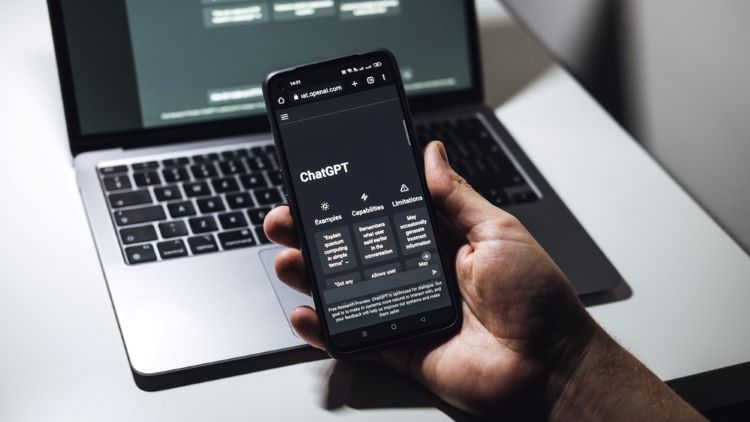Majority of lawyers have no immediate plans to use generative AI, LexisNexis survey finds

Image from Shutterstock.
Only 10% of lawyers think that generative artificial intelligence tools, such as ChatGPT, will have a “transformative impact” on the practice of law, and 60% of lawyers have “no plans to use [the technology] at this time,” according to the results of a LexisNexis survey.
On Monday, LexisNexis Legal & Professional published some of the results of a survey of 1,176 U.S. lawyers, 1,239 law students and 1,765 consumers. The findings show that the legal industry is “significantly more aware” of the new tech—which captured the imagination with the release of Open AI’s ChatGPT in November—than the general population.
According to data that LexisNexis shared with the ABA Journal, 88% of lawyers and law students are aware of generative AI, compared to 57% of consumers. But 14% of lawyers have never heard of generative AI tools, and 64% of lawyers had neither played around with the tech nor used it for work.
Only respondents aware of generative AI were asked all the questions in the survey. LexisNexis released some of the results from that survey March 20, with a full report of its findings expected next week. Of the lawyers surveyed, 11% think that the tech will have a “low impact,” 50% think that it will have “some impact,” 29% a “significant impact,” and 10% a “transformative impact,” according to the survey data.
Steve Carroll, vice president of customer insights at LexisNexis, told the Journal that he doesn’t think that the survey results reflect a resistance to generative AI. Instead, he says the findings suggest that the profession is proceeding with caution when it comes to using the new tech for legal work.
“These are sophisticated users of technology,” Carroll says of the respondents. “We’ve seen the advantages. We’ve seen the efficiencies. We’ve also seen examples of problems. Before we start implementing this in our practice, we need to fully understand what it is we’re dealing with.”
The survey also found that of the lawyers who are aware of generative AI, about half had already used it for their work or planned to. A sizable majority, or 84%, think that the new tech will increase efficiency, and 61% of lawyers and 44% of law students also agreed that it will change how law is taught in law schools.
Since ChatGPT’s release, the ability of AI to output humanlike and detailed responses to prompts has sparked anxiety about whether it is a job killer or whether it could inject bias and misinformation into its results. Concerns have also swirled around the accuracy of the tech, which is convincing but can produce untruthful answers.
When LexisNexis asked lawyers how they felt about the tech, 15% said it was a “welcome advancement,” 62% saw “both potential and drawbacks,” 11% were concerned, and 12% said they were unsure.
In addition to using the tool to improve efficiency, the survey found that lawyers would like to use the tool for research (59%), drafting documents (53%), streamlining work (46%) and document analysis (40%).
Many access-to-justice advocates are excited about the potential of the tech to open up legal services to more Americans. The survey found that 48% of consumers used the tool for legal advice and assistance, with 60% turning to the technology for general legal advice, 43% using it for help in creating a will, 41% prompting it about the legal requirements to set up businesses, 39% for rental agreements, and 30% for filing a small claims lawsuit. Meanwhile, 20% had used it as they prepared to sue someone, 19% for divorce matters and 10% for filing for adoption.
“There’s clearly an appetite for using generative AI for some level of legal advice,” Carroll says, adding that before considering a lawyer, “this may be one of the first places you go just to enter some general queries and get some general advice.”



